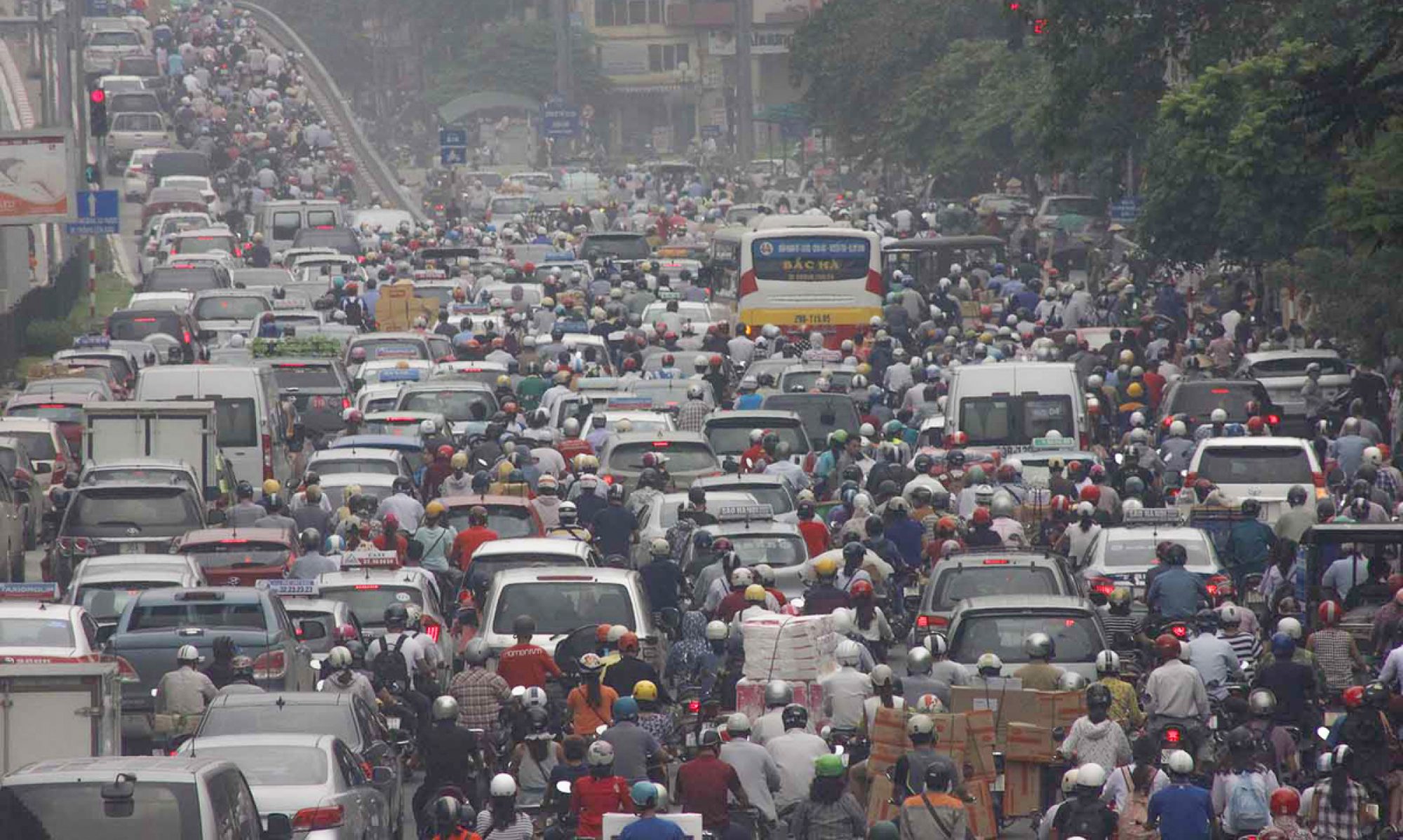Hi all. This week I have been looking at the health impacts of air pollution on populations. It has become clear to me that any city experiencing high levels of pollution, such as that from Sulphur Dioxide, Ozone, Carbon Monoxide and PM2.5/10 will also suffer from increased hospital admissions and mortality.
Individuals living in a polluted area for a long time are more at risk of respiratory illnesses, heart attacks, cancer and strokes than those of their counterparts in less polluted areas. It doesn’t necessarily take long to build up pollutants in your body that have an adverse health impact. Take for example those near the World Trade Center when it collapsed on 9/11. From the sheer volume of particulate matter in the air in the following days, those exposed to high levels suffered from numerous illnesses and many have died prematurely directly resulting from this toxic exposure.
There are 6 levels of concern regarding Air Quality Index (a measure of air pollution):
- Good” AQI is 0 to 50. Air quality is considered satisfactory, and air pollution poses little or no risk (Dublin usually sits around this level).
- “Moderate” AQI is 51 to 100. Air quality is acceptable; however, for some pollutants there may be a moderate health concern for a very small number of people. For example, people who are unusually sensitive to ozone may experience respiratory symptoms (Dublin may slip into this category at times of high levels of construction or traffic around the city center).
- “Unhealthy for Sensitive Groups” AQI is 101 to 150. Although general public is not likely to be affected at this AQI range, people with lung disease, older adults and children are at a greater risk from exposure to ozone, whereas persons with heart and lung disease, older adults and children are at greater risk from the presence of particles in the air.
- “Unhealthy” AQI is 151 to 200. Everyone may begin to experience some adverse health effects, and members of the sensitive groups may experience more serious effects.
- “Very Unhealthy” AQI is 201 to 300. This would trigger a health alert signifying that everyone may experience more serious health effects.
- “Hazardous” AQI greater than 300. This would trigger a health warnings of emergency conditions. The entire population is more likely to be affected.
Hanoi today (8th June 2018) has an AQI of 231. You can bet I wore my face mask on my commute today.
Anyway, take a look at the above video from Harvard’s “take 2” series. It explains in more detail the affects of air pollution on human health.
Tam Biet,
Éanna

